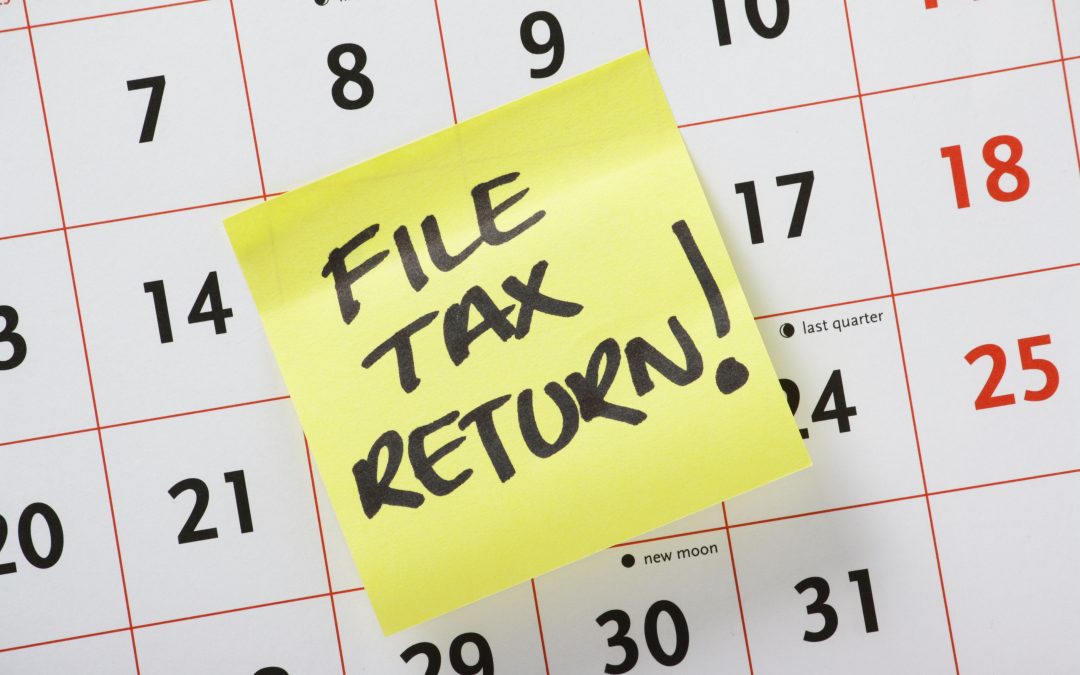5 things to know before filing your 2023 taxes in 2024
With tax season looming, we spoke with the Certified Public Accountants at Warrington alumni-led Wolfson CPA Firm about some helpful information that you should know before filing your personal or business tax returns this year. Read on for important insights from the Shareholders Mark Wolfson (BSBA ’76), Gladys Gomberg, Stephanie Birkholz (BSAc ’10, MAcc ’10) and Jared Birkholz (BSBA ’09).
Updates regarding your business taxes:
1. New mandatory federal reporting for businesses
A corporation, LLC, or any other entity created by registering with the Secretary of State that does not qualify for an exemption must file a Beneficial Ownership Information (BOI) report with the U.S. Department of the Treasury’s Financial Crimes Enforcement Network (FinCEN). The purpose of the BOI report is to provide transparency about who owns and controls certain entities.
If you have a smaller business, this requirement is geared towards you. The failure to file can lead to penalties of $10,000 or more. The filing deadline is January 1, 2025, for businesses in existence before January 1, 2024, 90 days for businesses started in 2024 and 30 days for businesses started in 2025.
On March 2, a federal court ruled the Corporate Transparency Act (CTA) unconstitutional, potentially putting a temporary halt to the BOI reporting above.
2. Updates to business meal deductions
The pandemic temporarily allowed the historical 50% tax deduction for business meals to be increased to a 100% tax deduction for 2021 and 2022. However, the tax deduction for most business meals has returned to 50% deductibility in 2023.
Updates regarding personal tax returns:
3. Delays for 2023 filings
The Tax Relief for American Families and Workers Act of 2024 was passed by the U.S. House of Representatives and is currently with the Senate. If the House-approved bill is signed into law, it will expand the child tax credit and extend depreciation, retroactively to 2023, among other changes. The delay in the signing of this bill is currently causing delays for 2023 tax filings.
4. Noteworthy sustainability-related tax credits
You may qualify for a nonrefundable credit up to $7,500 under Internal Revenue Code Section 30D if you buy a new or used, qualified plug-in EV or fuel cell electric vehicle (FCV), subject to income and price limits.
You may qualify for a nonrefundable residential clean energy tax credit if you invest in renewable energy for your home such as solar, wind, geothermal, fuel cells or battery storage technology.
Updates for your personal and business taxes:
5. Implications of the end of the Tax Cuts and Jobs Act
The 2017 Tax Cuts and Jobs Act (TCJA) is scheduled to sunset at the end of 2025. This act made sweeping changes to the tax code that will now revert to pre-2018 levels and in turn, will potentially increase taxes for many individuals and businesses. Noteworthy changes will be:
- Increase to income tax rates
- Decrease in the standard deduction
- Remove the itemized deduction cap on state and local tax
- Reduce the Child Tax Credit
- Reduce the lifetime estate and gift exemption by about 50%
- Remove the Qualified Business Income (QBI) Tax Deduction, which will impact many business owners
- The Wolfson CPA Firm team.
- Wolfson CPA Firm Shareholders (from left) Mark Wolfson, Gladys Gomberg, Stephanie Birkholz and Jared Birkholz.






